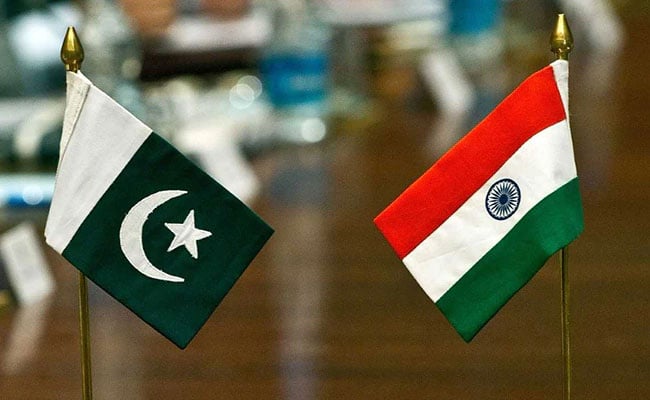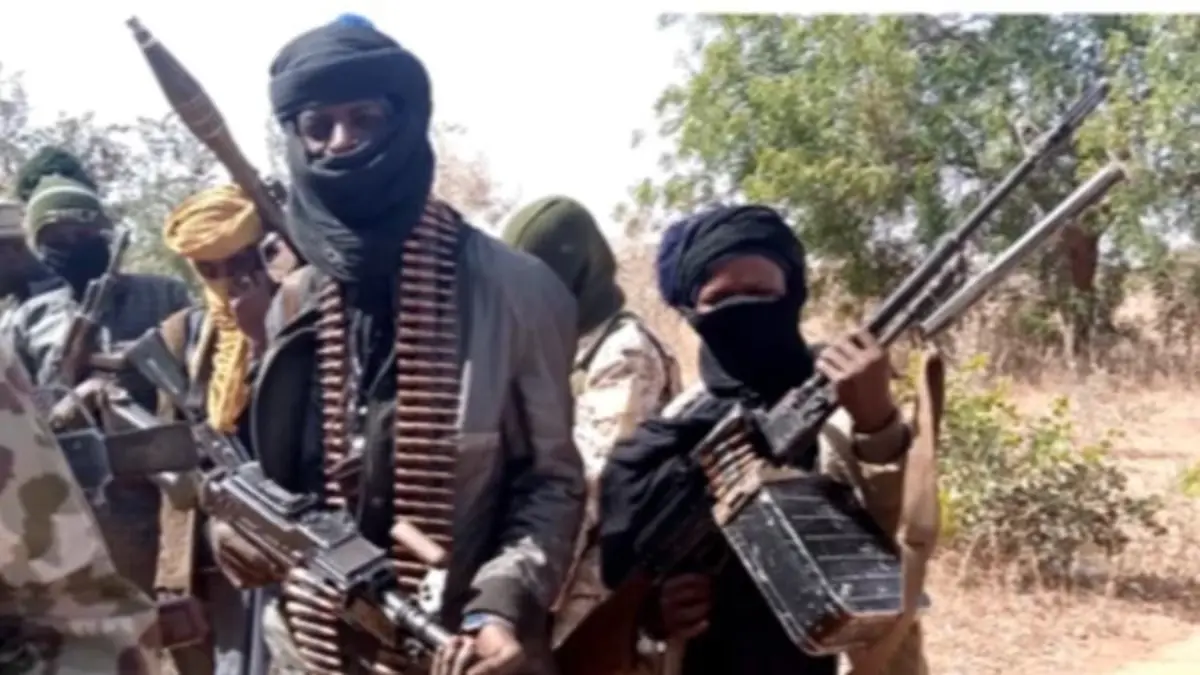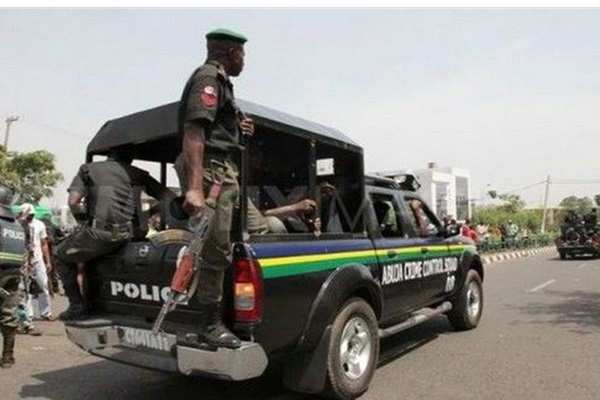The UK has expressed readiness to support India and Pakistan in de-escalating tensions following deadly exchanges of fire across the Kashmir border, a Cabinet minister confirmed on Wednesday. The conflict, which has led to at least 19 deaths and 38 injuries, intensified after India launched missile strikes into Pakistani-controlled Kashmir at six different locations overnight. Pakistan, in turn, shelled Indian-controlled Kashmir.
The violence comes in the wake of the massacre of 22 tourists in the Indian-controlled portion of Kashmir last month, which India blamed on Pakistan-based militants. Pakistan, however, denied the accusations.
Trade Secretary Jonathan Reynolds, speaking on behalf of the UK government, stated that his colleague, David Lammy, had reached out to both India and Pakistan, offering support to prevent further escalation. Reynolds stressed the UK's commitment to fostering regional stability and dialogue, noting, "We stand ready to support both countries. Both have a huge interest in regional stability, in dialogue, in de-escalation, and anything we can do to support that, we are here and willing to do."
In response to the violence, the UK's Foreign Office updated its travel advice, advising against all travel within 10 kilometers of the India-Pakistan border and 10 miles from the Line of Control, the de facto border dividing Kashmir between the two countries. The Foreign Office also warned about Pakistan's closure of its airspace, urging British citizens affected by the closure to contact their airlines for further guidance.
Concern over the escalating violence has been voiced by various figures, including Scotland’s First Minister John Swinney, Labour MP Stella Creasy, and former Conservative minister Tariq Ahmad, who warned that the "potential for war tonight is real."
Pakistani officials reported that the Indian missile strikes targeted two sites associated with banned militant groups, including a strike on the Subhan Mosque in Bahawalpur, Punjab, which killed 13 people, including a child. Pakistan’s military spokesperson, Lt. Gen. Ahmed Sharif, confirmed that missiles had hit six locations across Pakistan-administered Kashmir and eastern Punjab.
In retaliation, Pakistan claimed to have shot down five Indian jets, although India has yet to respond to this claim. The Indian military reported that seven civilians were killed and 30 wounded in Poonch district due to Pakistani artillery and gunfire, describing their response as "proportionate."
The UN has called for maximum restraint from both nations, with Secretary-General Antonio Guterres urging the countries to avoid military confrontation. UN spokesperson Stephane Dujarric reiterated the global concern, stating, “The world cannot afford a military confrontation between India and Pakistan.”




